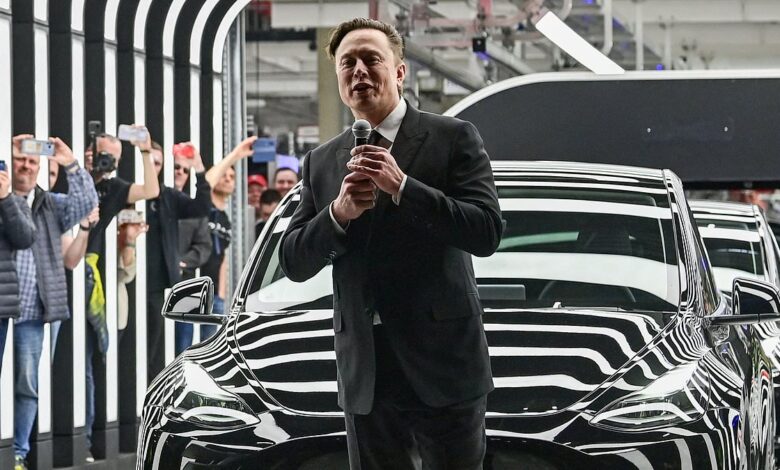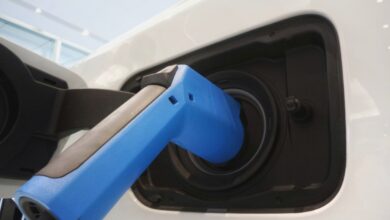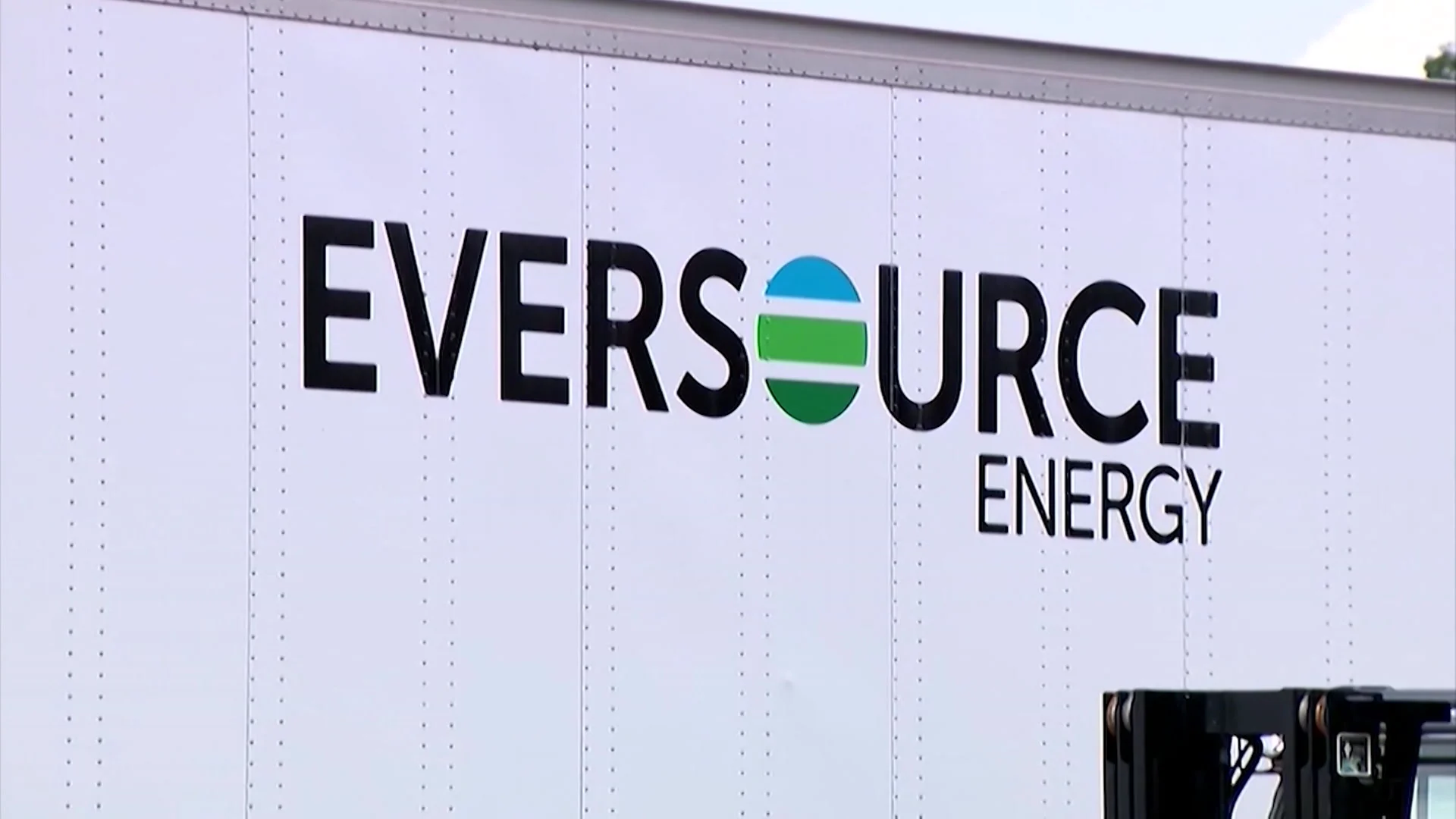Four in ten Americans have unfavourable views of electric vehicles thanks to ten key reasons

- Declining EV demand and sales over the last year continues into 2024
- A new poll found that 20 percent of Americans have political quibbles over EVs
Some 61 percent of Americans have varying degrees of unfavorable views about electric vehicles, underpinning the recent decline in demand for them.
Almost all major electric vehicle makers, including Tesla and Chinese rival BYD, saw declines in sales in the first quarter of 2024.
This has been a long-sustaining trend, with demand for these cars dropping precipitously throughout 2023 after a boom in interest during 2022.
Given this heel-turn by the American consumer, the Wall Street Journal teamed up with Morning Consult to poll 864 American adults on why they have unfavorable views of EVs.
Respondents gave 10 reasons why EVs just aren’t for them – with the top three being ‘cost,’ ‘not enough charging stations available,’ and EVs failing to be as reliable as gas-powered vehicles.
A recent survey from iSeeCars found that electric vehicles cost 63.6 percent more for every 1,000 miles driven per year compared to gasoline cars. This is because electric cars end up being driven less than gas cars.
Consumers can still expect to pay more upfront for electric vehicles as well.
The average price paid for a new electric vehicle in February was just over $52,000, which is about $5,000 more than what you’d expect to pay for a new gas car.
The sticker price isn’t all there is to consider, though because unless you’re leasing your car, the whole purpose of buying one is to have it last for as long as it can without major issues.
As the technology for electric vehicles are a lot newer than the systems that have been inside gas cars for decades, drivers report having a lot more issues with EVs.
Among the most frequently reported troubles were battery and charging system issues as well as flaws in how the vehicles´ body panels and interior parts fit together.
Consequently, 57 percent of people surveyed in the Wall Street Journal poll cited their belief that electric vehicles don’t perform as well as gas cars as a major reason for their negative views of EVs.
Carmakers aren’t only facing troubles with reliability concerns and prohibitively expensive upfront costs but now have to deal with customers’ ideological beliefs when it comes to EVs.
A sizable chunk – 20 percent – said that EVs go against their political views, according to the Journal’s poll.
As the White House pushes the nation towards a future where two-thirds of new cars sold will be need to be EVs or plug-in hybrids, conservatives have come out staunchly against such mandates.
Mike Murphy, a Republican strategist, told the Journal he was frustrated by his party’s consistently negative view of EVs.
Murphy is from Detroit, which was known as the center of car manufacturing for decades, and he formed a a nonprofit to ease the political divide on EVs and consult with carmakers on ways to appeal to ideologically driven Americans.
‘There is a hearts-and-minds resistance to EVs, mostly on the Republican side,’ Murphy said. ‘If you can’t break down that tribalism, the industry isn’t going to sell enough EVs’ to meet the Biden rules.
It isn’t as complicated as Republicans just hating on EVs though.
Tesla remains the world’s leading EV company despite recent company setbacks and layoffs and its CEO, Elon Musk, has staked out a much more right-leaning disposition on hot button political topics.
Steven Center, the head of US operations for Kia, said he’s aware of how EVs have become a political issue for many Americans.
‘You know that old saying, “Don’t talk about religion or politics?” I think you can add EVs to that,’ he told the Journal.



